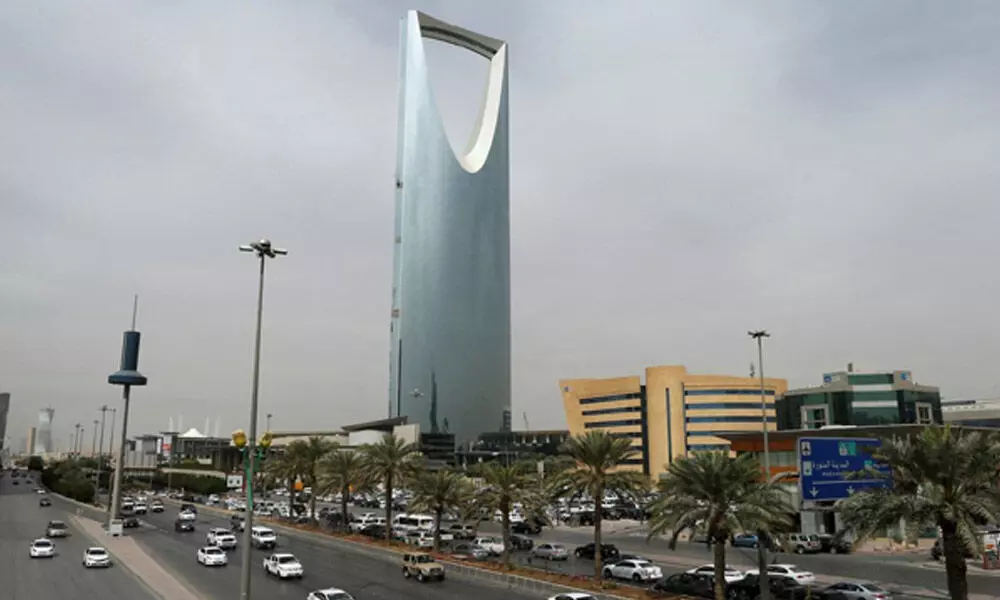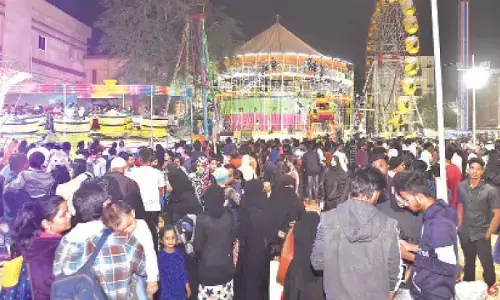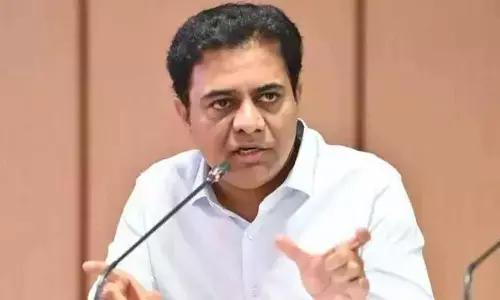Changing perceptions of young Arabs

Changing perceptions of young Arabs
A recent 2019-2020 Arab Opinion survey conducted by Doha-based Arab Centre for Research and Policy Studies has bought out some revealing perceptions of the Arab citizens
A recent 2019-2020 Arab Opinion survey conducted by Doha-based Arab Centre for Research and Policy Studies has bought out some revealing perceptions of the Arab citizens. The survey in its seventh year collated responses from 28,288 individual respondents based on 95 questions in 13 Arab countries.
The new Arab view
Young Arabs worldview rejects any political expression of Islam, propagates a religious duty to obey the ruler with no exception, represses freedom of expression and dissent, and leaves unchallenged religious concepts such as notions of infidels and slavery that are viewed by Muslim reformers as well as significant segments of Arab youth as obsolete or outdated.
The changing youth's attitude towards religiosity is evident in various public opinion polls and also expressed in mass anti-government protests in countries like Lebanon and Iraq recently. And this young view has also impacted on the two crown princes' similar worldview.
Both rulers have initiated changes like loosening of social restrictions in Saudi Arabia, including the emasculation of the kingdom's religious police, the lifting of a ban on women's driving, less strict implementation of gender segregation, the introduction of western-style entertainment and greater professional opportunities for women, and a degree of genuine religious pluralism in the UAE, in response to youth aspirations. But they also face criticism on establishing ties with Israel.
Currently the Arab youth is sceptic of religious clerics and scholars who parrots the regimes and moves them away from religious establishments and leaders. Besides they are also disillusioned by zero efforts to recontextualise Muslim concepts that no longer apply in a modern and changing world or present them in a new paradigm.
In a commentary on the latest survey, scholar Eman Alhussein said, "Youth have…witnessed how religious figures, who still remain influential in many Arab societies, can sometimes give in to change even if they have resisted it initially. This not only feeds into Arab youth's scepticism towards religious institutions but also further highlights the inconsistency of the religious discourse and its inability to provide timely explanation or justifications to the changing reality of today".
Survey findings
The survey found that, despite 40 per cent of those polled defining religion as the most important constituent element of their identity, 66 per cent saw a need for religious institutions to be reformed. Similarly, 70 per cent of those surveyed rejected the notion that democracy was incompatible with Islam while 76 per cent viewed it as the most appropriate system of governance.
(Asad Mirza is a political commentator based in New Delhi. He was also associated with BBC Urdu Service and Khaleej Times of Dubai. The views expressed are personal)

















